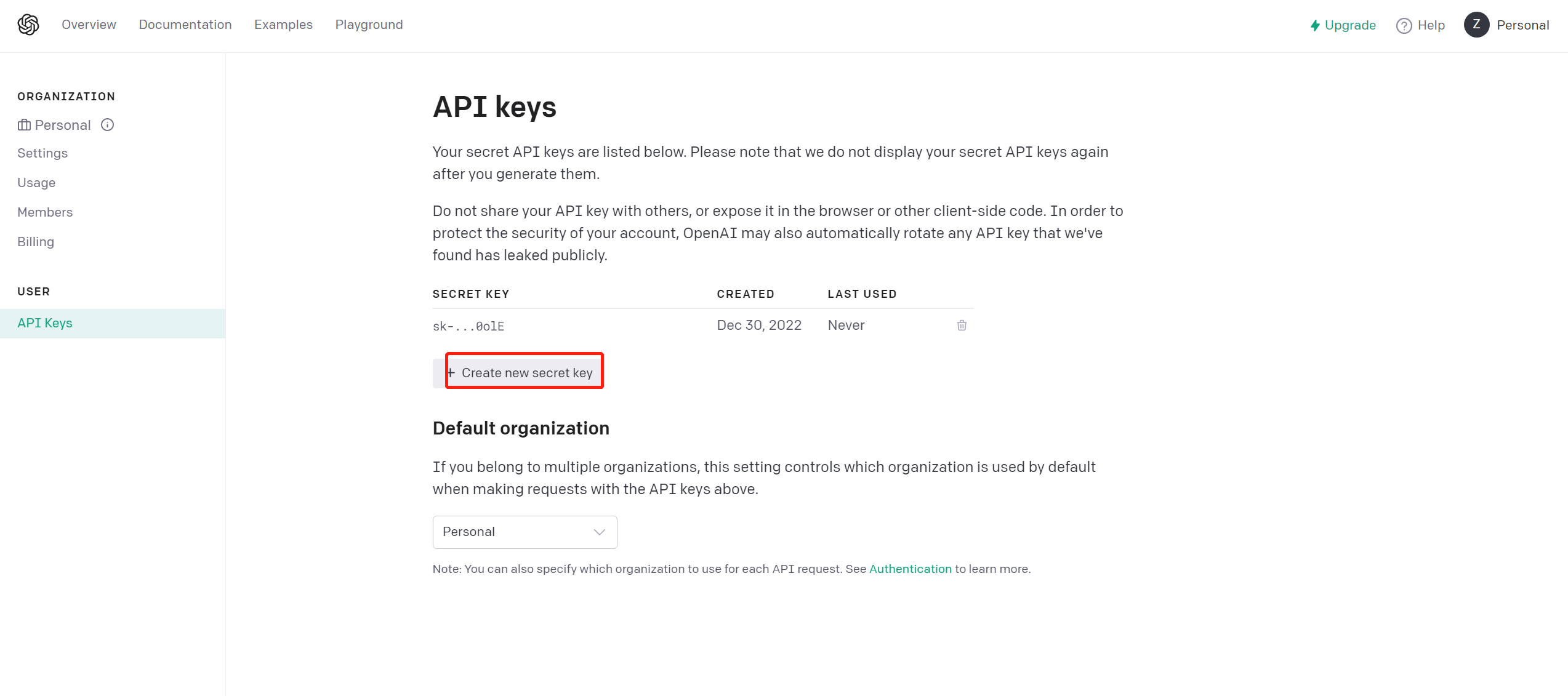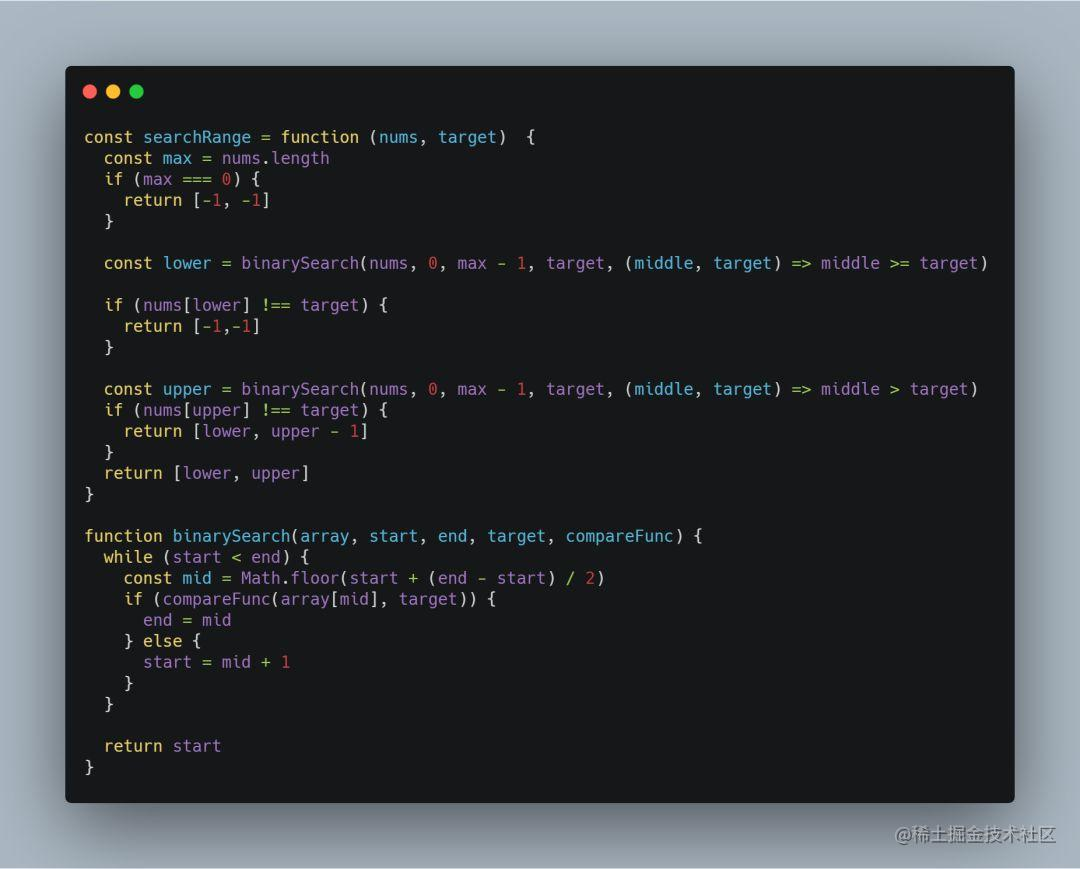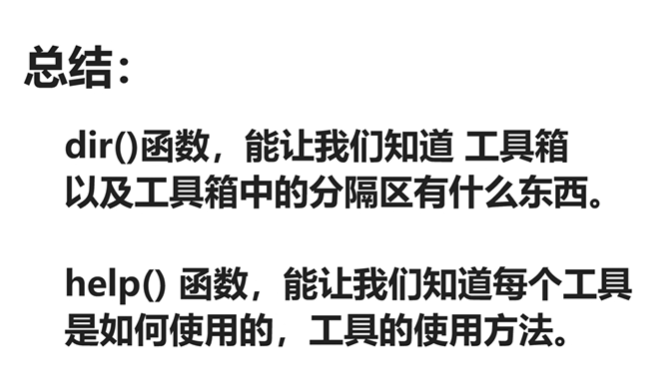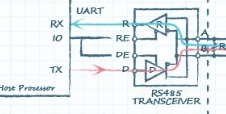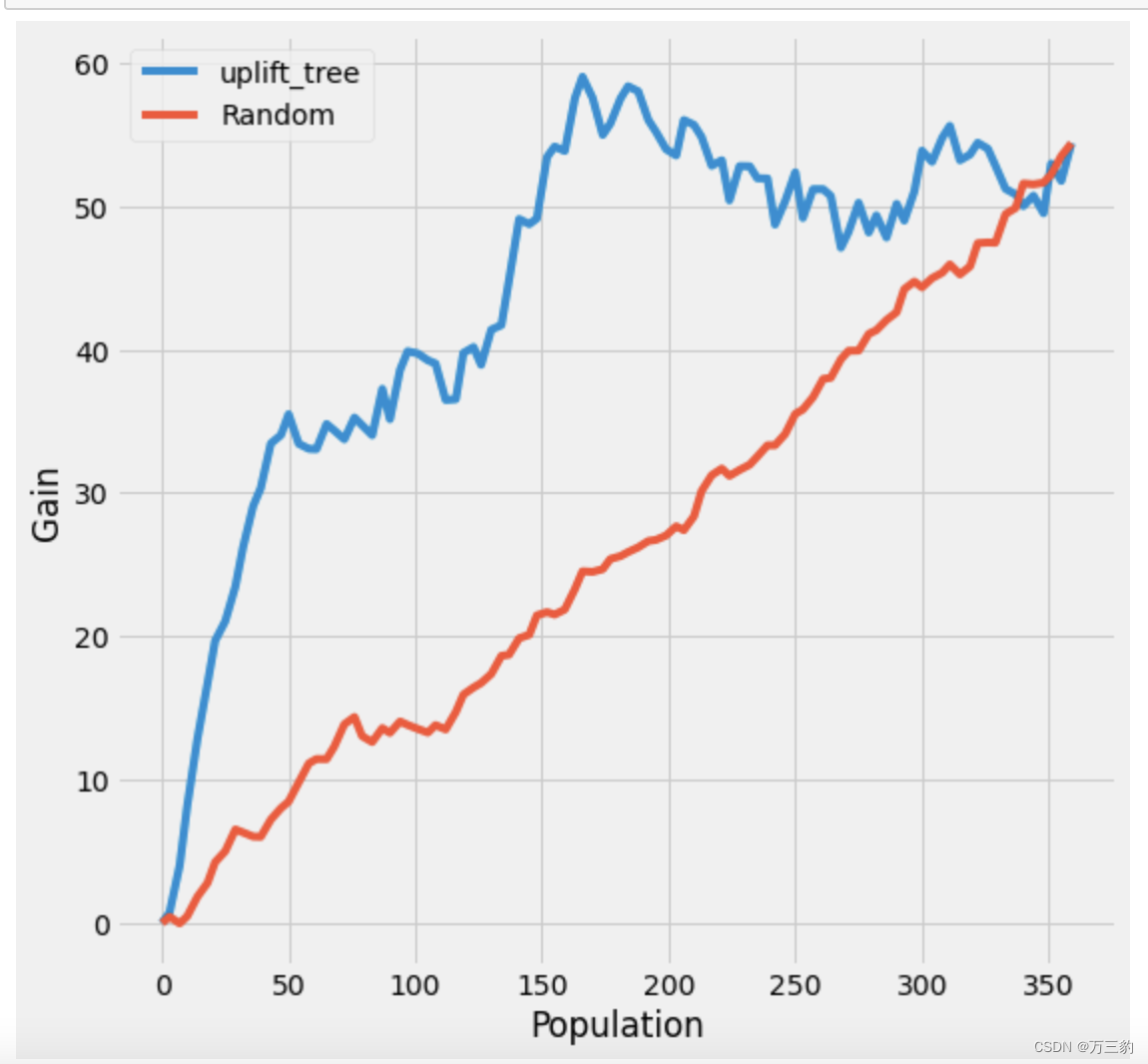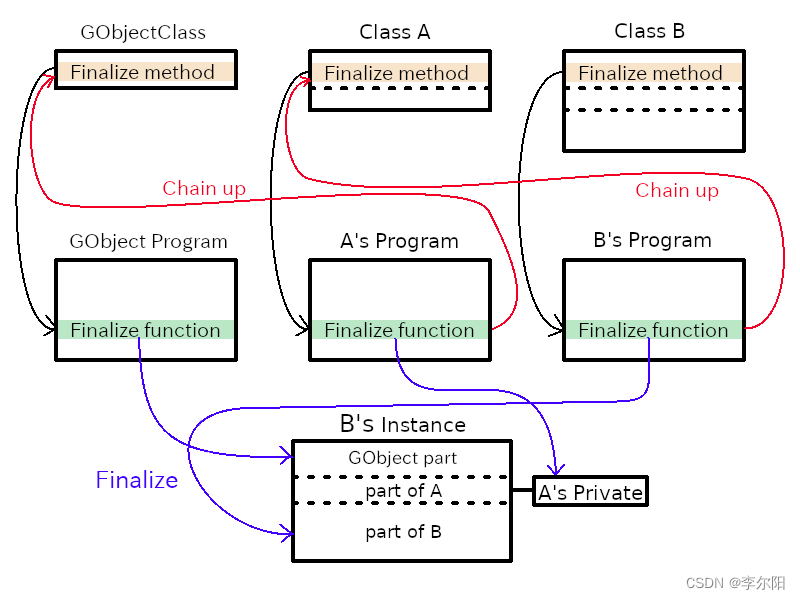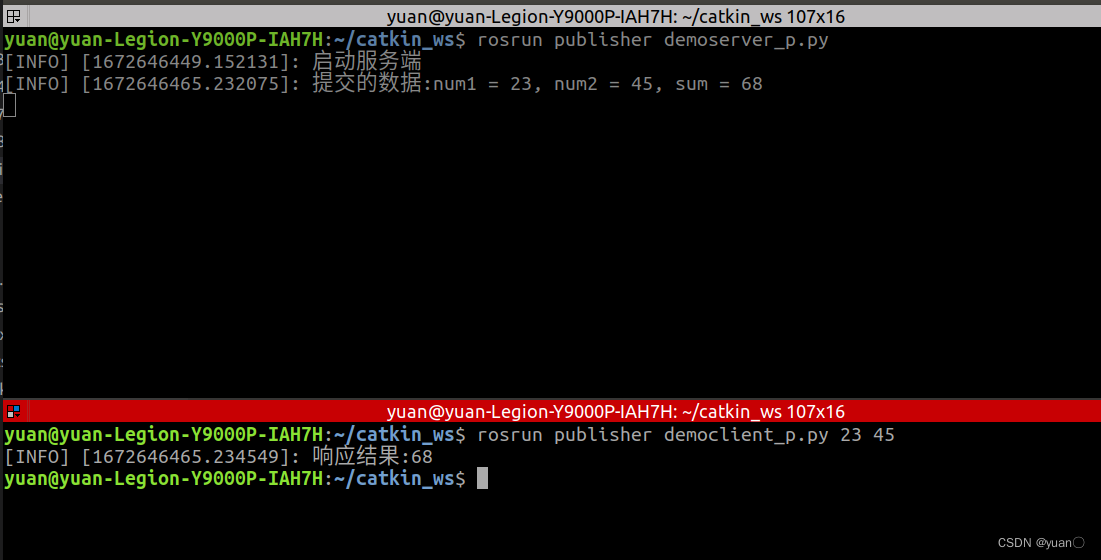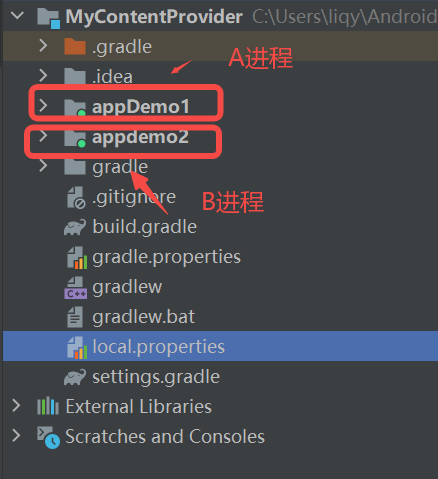一个六年级博主写文章不容易,给个关注呗
(
点赞也行啊)本蒟蒻的bilibili账号
注:这种题当你看不懂的时候是可以把题目复制去洛谷看中文版的
Farmer John's cows keep escaping from his farm and causing mischief. To try and prevent them from leaving, he purchases a fancy combination lock to keep his cows from opening the pasture gate.
Knowing that his cows are quite clever, Farmer John wants to make sure they cannot easily open the lock by simply trying many different combinations. The lock has three dials, each numbered 1..N (1 <= N <= 100), where 1 and N are adjacent since the dials are circular. There are two combinations that open the lock, one set by Farmer John, and also a "master" combination set by the lock maker.
The lock has a small tolerance for error, however, so it will open even if the numbers on the dials are each within at most 2 positions of a valid combination.
For example, if Farmer John's combination is (1,2,3) and the master combination is (4,5,6), the lock will open if its dials are set to (1,3,5) (since this is close enough to Farmer John's combination) or to (2,4,8) (since this is close enough to the master combination). Note that (1,5,6) would not open the lock, since it is not close enough to any one single combination.
Given Farmer John's combination and the master combination, please determine the number of distinct settings for the dials that will open the lock. Order matters, so the setting (1,2,3) is distinct from (3,2,1).
PROGRAM NAME: combo
INPUT FORMAT:
Line 1: The integer N. Line 2: Three space-separated integers, specifying Farmer John's combination. Line 3: Three space-separated integers, specifying the master combination (possibly the same as Farmer John's combination). SAMPLE INPUT (file combo.in):
50 1 2 3 5 6 7INPUT DETAILS:
Each dial is numbered 1..50. Farmer John's combination is (1,2,3), and the master combination is (5,6,7).
OUTPUT FORMAT:
Line 1: The number of distinct dial settings that will open the lock. SAMPLE OUTPUT (file combo.out):
249
SAMPLE OUTPUT EXPLANATION
Here's a list:
1,1,1 2,2,4 3,4,2 4,4,5 5,4,8 6,5,6 7,5,9 3,50,2 50,1,4 1,1,2 2,2,5 3,4,3 4,4,6 5,4,9 6,5,7 7,6,5 3,50,3 50,1,5 1,1,3 2,3,1 3,4,4 4,4,7 5,5,5 6,5,8 7,6,6 3,50,4 50,2,1 1,1,4 2,3,2 3,4,5 4,4,8 5,5,6 6,5,9 7,6,7 3,50,5 50,2,2 1,1,5 2,3,3 3,4,6 4,4,9 5,5,7 6,6,5 7,6,8 49,1,1 50,2,3 1,2,1 2,3,4 3,4,7 4,5,5 5,5,8 6,6,6 7,6,9 49,1,2 50,2,4 1,2,2 2,3,5 3,4,8 4,5,6 5,5,9 6,6,7 7,7,5 49,1,3 50,2,5 1,2,3 2,4,1 3,4,9 4,5,7 5,6,5 6,6,8 7,7,6 49,1,4 50,3,1 1,2,4 2,4,2 3,5,5 4,5,8 5,6,6 6,6,9 7,7,7 49,1,5 50,3,2 1,2,5 2,4,3 3,5,6 4,5,9 5,6,7 6,7,5 7,7,8 49,2,1 50,3,3 1,3,1 2,4,4 3,5,7 4,6,5 5,6,8 6,7,6 7,7,9 49,2,2 50,3,4 1,3,2 2,4,5 3,5,8 4,6,6 5,6,9 6,7,7 7,8,5 49,2,3 50,3,5 1,3,3 3,1,1 3,5,9 4,6,7 5,7,5 6,7,8 7,8,6 49,2,4 50,4,1 1,3,4 3,1,2 3,6,5 4,6,8 5,7,6 6,7,9 7,8,7 49,2,5 50,4,2 1,3,5 3,1,3 3,6,6 4,6,9 5,7,7 6,8,5 7,8,8 49,3,1 50,4,3 1,4,1 3,1,4 3,6,7 4,7,5 5,7,8 6,8,6 7,8,9 49,3,2 50,4,4 1,4,2 3,1,5 3,6,8 4,7,6 5,7,9 6,8,7 1,50,1 49,3,3 50,4,5 1,4,3 3,2,1 3,6,9 4,7,7 5,8,5 6,8,8 1,50,2 49,3,4 49,50,1 1,4,4 3,2,2 3,7,5 4,7,8 5,8,6 6,8,9 1,50,3 49,3,5 49,50,2 1,4,5 3,2,3 3,7,6 4,7,9 5,8,7 7,4,5 1,50,4 49,4,1 49,50,3 2,1,1 3,2,4 3,7,7 4,8,5 5,8,8 7,4,6 1,50,5 49,4,2 49,50,4 2,1,2 3,2,5 3,7,8 4,8,6 5,8,9 7,4,7 2,50,1 49,4,3 49,50,5 2,1,3 3,3,1 3,7,9 4,8,7 6,4,5 7,4,8 2,50,2 49,4,4 50,50,1 2,1,4 3,3,2 3,8,5 4,8,8 6,4,6 7,4,9 2,50,3 49,4,5 50,50,2 2,1,5 3,3,3 3,8,6 4,8,9 6,4,7 7,5,5 2,50,4 50,1,1 50,50,3 2,2,1 3,3,4 3,8,7 5,4,5 6,4,8 7,5,6 2,50,5 50,1,2 50,50,4 2,2,2 3,3,5 3,8,8 5,4,6 6,4,9 7,5,7 3,50,1 50,1,3 50,50,5 2,2,3 3,4,1 3,8,9 5,4,7 6,5,5 7,5,8
每日翻译(1/1)
题目大意: farmer john有3个转盘作为密码锁,打开这个密码锁必须按照他自己的密码打开或使用预设密码。现告诉你这两个密码,这个锁可能会出现错误,每个锁上面的数字与正确的数字之间差值为2及以下的也可打开,问多少种打开方式
看着很复杂,没有头绪,但其实简单的词穷
注意看,n小于等于100
数据范围如此之小,此时不暴力,待到何时?!
直接三层循环,每层循环都表示序列的每一个数
如果这个数与正确的差值为2及以内的就算一种,最后输出
注意两点:
(1)因为他是转盘,所以1和n是挨着的。解决这个问题可以用abs函数
(2)判断时括号太多了。解决这个问题可以把他拆分再组合,就清楚多了。
最后附上AC代码:
/*
ID:
TASK:combo
LANG:C++
*/
# include <iostream>
# include <cstdio>
# include <cmath>
using namespace std;
# define int long long
signed main(){
freopen("combo.in","r",stdin);
freopen("combo.out","w",stdout);
int n;
int cnt=0;
scanf("%lld",&n);
int a,b,c,d,e,f;
//(abs(i-a)<=2||abs(i-a)>=n-2)&&(abs(j-b)<=2||abs(j-b)>=n-2)&&(abs(c-k)<=2||abs(c-k)>=n-2)||(abs(i-d)<=2||abs(i-d)>=n-2)&&(abs(j-e)<=2||abs(j-e)>=n-2)&&(abs(k-f)<=2||abs(k-f)>=n-2)
scanf("%lld%lld%lld%lld%lld%lld",&a,&b,&c,&d,&e,&f);
for (int i=1;i<=n;i++){
for (int j=1;j<=n;j++){
for (int k=1;k<=n;k++){
if ((abs(i-a)<=2||abs(i-a)>=n-2)&&(abs(j-b)<=2||abs(j-b)>=n-2)&&(abs(c-k)<=2||abs(c-k)>=n-2)||(abs(i-d)<=2||abs(i-d)>=n-2)&&(abs(j-e)<=2||abs(j-e)>=n-2)&&(abs(k-f)<=2||abs(k-f)>=n-2)){
cnt++;
}
}
}
}
printf("%lld\n",cnt);
fclose(stdin);
fclose(stdin);
return 0;
}

